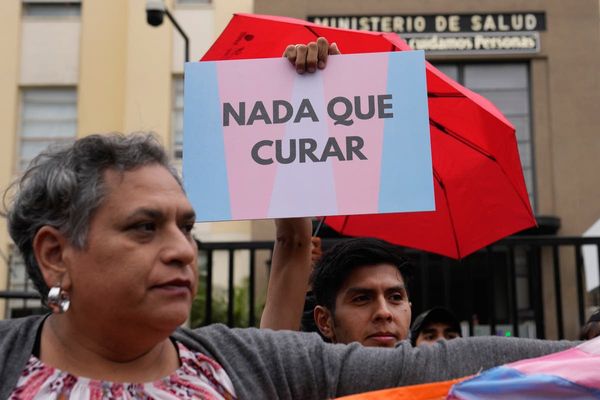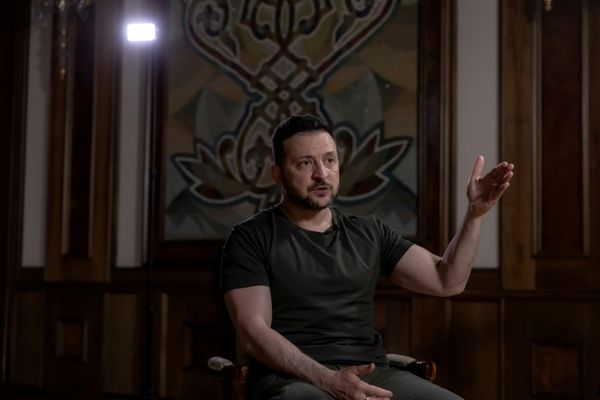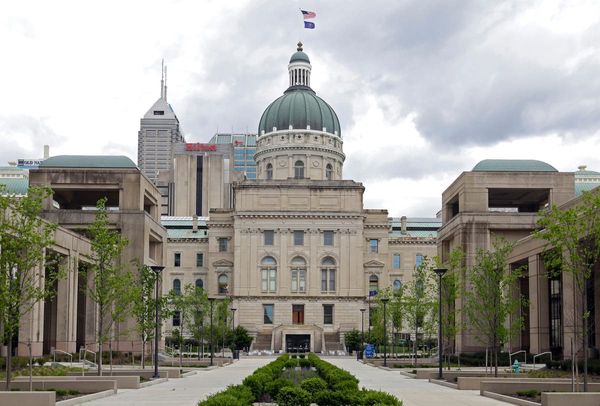
Only one in seven people accused of raping a child will likely even know they were named as a suspect, much less be investigated, charged, prosecuted or convicted, a new Australian study has found.
The number of cases in which police will approach a suspect only rises from 15 to 17 per cent in cases where the victim is over 16.
The damning report - which used matters reported to ACT Policing in 2021 as a case study - has revealed a need for a huge overhaul in how police handle sexual assault cases.
After investigating 389 allegations of sexual offences that did not proceed to charge; interviewing 33 victim survivors and four support people; and interrogating the police policy, Dr Rachael Burgin, senior lecturer at Swinburne Law School, found police were simply not doing enough.
"What I found is that police rarely charge sexual offences in the ACT because police rarely investigate them ... it's really shocking," said Dr Burgin, who was tasked with leading an independent review.
The ACT case study is not unique - conviction and charge rates are low everywhere, she said.
"This is reflective of what's happening across the world and certainly across Australian states and territories," Dr Burgin told AAP.
"Some of those suspects who weren't approached had serious violent history of family violence offences, or had previous charges of child sexual abuse and conviction.
"We're asking survivors to have trust in police and to report to police for safety," Dr Burgin said.
"But to paraphrase a young woman I spoke to (who was) about 15 when she engaged with police and her matter was dropped: 'if their law's not going to protect me and help me, who will? What am I supposed to do?'"
There were a series of consistent failures in police efforts to undertake "reasonable and appropriate" action, like talking to suspects, gathering evidence such as CCTV footage and sending victim survivors for forensic medical examinations, the report found.
But a further failing was the lack of support offered to victim survivors, whether or not the matter was likely to proceed to trial.
"For many of these people, it's not just that there weren't charges laid, it's that they didn't get access to counselling or financial support," Dr Burgin said.
"You know, it costs money to be a victim of crime - you might have a loss of income, you might need to take steps to feel secure in your home, you might need to move.
"Many of these victims shouldered that on their own because they didn't have adequate support from police or adequate referrals to services that exist. And the average person just doesn't know where to go to get access to those supports.
"Many people went into a police station said 'I was raped' and that was the last interaction they had with police."
It has been statistically proven to be difficult to get a conviction in rape cases, but most victim survivors aren't even looking for that when they approach police, she said.
"It's not about charging someone. It is more about making sure that someone has access to safety," she said.
"Many of these victims are saying, I reported to police because I wanted safety. This is how I thought I could achieve it."
Dr Burgin said the findings of the study helped show what trauma-informed policing of sexual violence might look like and that those findings were applicable anywhere.







